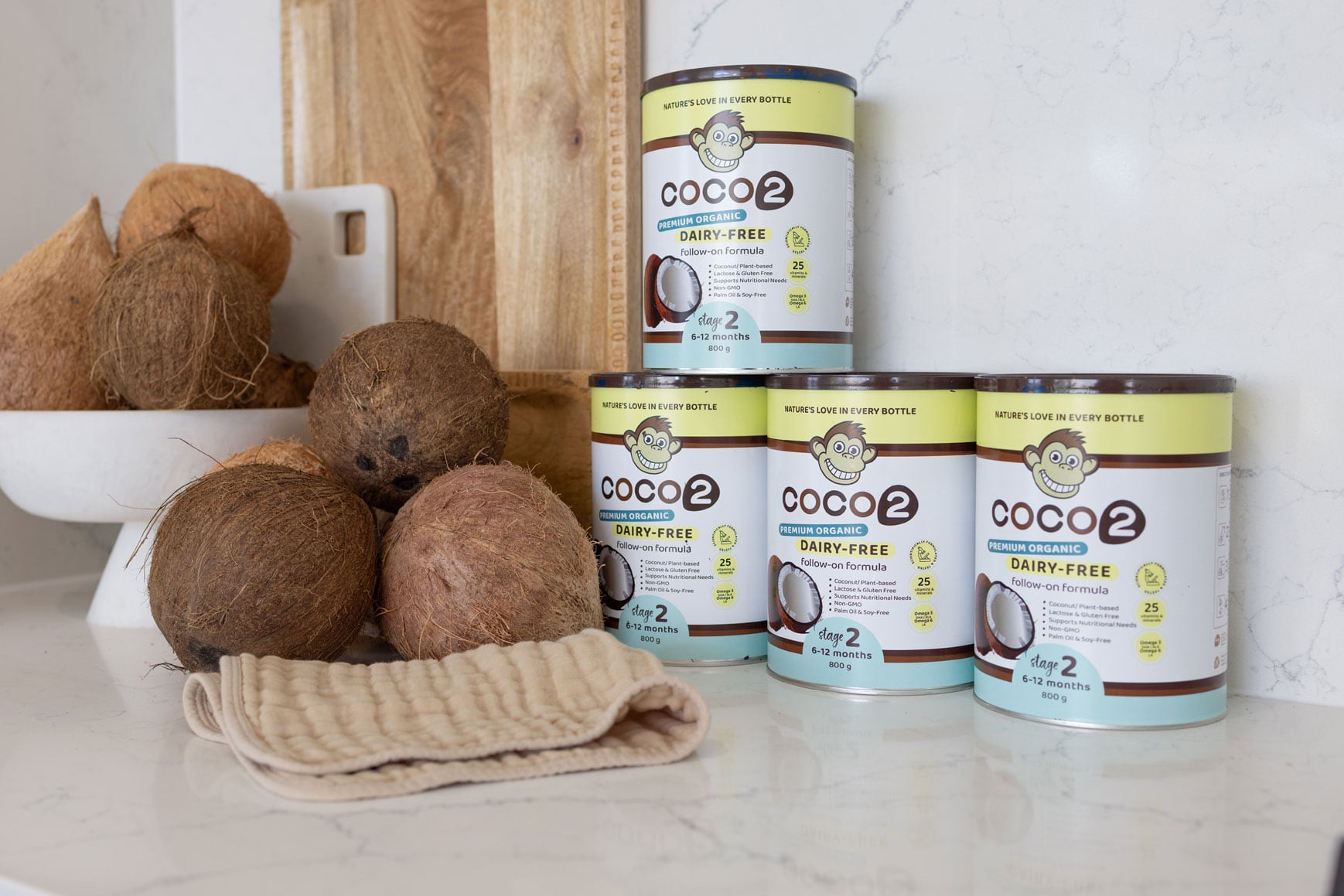Researchers in Korea investigated the effects of sword bean pods in allergic rhinitis patients and found that the extract not only eased symptoms but also reduced inflammation, suggesting a new natural approach to allergy management.
“Additionally, as part of the secondary efficacy outcomes, SBP led to significant improvements in the quality of life related to sleep disturbances, systemic symptoms (such as fatigue and concentration), daily activities, nasal symptoms (nasal congestion, runny nose, sneezing, and postnasal drip), and emotions,” wrote researchers in Nutrients.
“These findings suggest that the SBP extract is a promising natural treatment for allergic rhinitis, offering both efficacy and safety by improving key symptoms and reducing inflammatory responses,” researchers added.
Researchers observe growing interest among patients with allergic rhinitis in personalised health supplements formulated with natural ingredients, which they believe offer fewer side effects.
The sword bean (Canavalia gladiate, SB) is a potential natural alternative to current treatments, which include the widely used antihistamines. Sword beans are primarily found in Southeast Asia, Africa, and the tropical regions of India. Traditionally, they have been used to treat inflammations.
These traditional methods were explored in a previous study on anti-allergic effects, where researchers observed that sword bean pods could suppress inflammatory markers by regulating the PI3K/Akt/mTOR-signalling pathway in both cell and animal models.
Targeting the key signalling pathway to manage allergic symptoms
The PI3K/Akt/mTOR pathway regulates immune cell activity and inflammation. When this pathway is overactive, eosinophils – immune cells involved in allergic reactions – release proteins that worsen inflammation.
By targeting this pathway, researchers believe SBP extract can help regulate immune response and reduce allergic symptoms.
Therefore, this study aimed to further investigate the efficacy of sword bean pods in reducing the activation of the PI3K/Akt/mTOR-signalling pathway to manage allergic rhinitis symptoms.
Sword bean pods shown to reduce inflammatory responses
This research was supported by the Research Program for Agricultural Science & Technology Development, National Institute of Agricultural Sciences, Rural Development Administration, in Korea.
There were 64 participants aged 19 to 65 years with allergic rhinitis in this double-blind, placebo-controlled, randomised trial.
Participants were equally randomised into the sword bean pod (SBP) group and the control group.
The SBP group took sword bean pod extract powder at 100 µg/mL and 200 µg/mL orally for six weeks, while the control group took a placebo orally during the same period.
The results indicated that the SBP group saw a significant reduction allergic inflammation compared to the control group.
The SBP group showed significantly reduced phosphorylation – a process where proteins are “switched on” or “off” – in a dose-dependent manner.
p-PI3K levels dropped to 21.8% with a dosage of 100µg/mL and 50.4% at a 200µg/mL dosage. This is contrasted with the control which showed 100% of p- PI3K levels.
p-Akt phosphorylation fell to 46.7% with the 100µg/mL dose and 34.3% with the 200µg/mL dose.
p-mTOR levels declined to 14.2% with the 100µg/mL dose and 53.3% with the 200µg/mL dose.
By dampening this signalling cascade, the sword bean pod extract could help regulate immune activity and inflammation, positioning it as a promising natural ingredient for managing inflammation-related disorders, said researchers.
Potential to improve quality of life
The SBP group also experienced an improvement in the quality of life during allergic rhinitis compared to the control group. This was indicated by the Rhinoconjunctivitis Quality of Life Questionnaire (RQLQ) that participants answered.
The survey consisted of seven domains – activity, sleep, general symptoms, daily activities, nasal symptoms, eye symptoms, and emotions. It also measured the degree of discomfort of the symptoms on a 7-point scale, where 0 indicated not troubled by symptoms, and 6 indicated extremely troubled by symptoms.
After supplementation, the SBP group exhibited a reduction in total RQLQ scores at 36.07 ± 29.90 points during the 3-week mark, and 48.04 ± 28.12 points during the 6-week mark.
These indicated significantly greater reduction compared to the control group, which exhibited a drop of 15.21 ± 20.00 points during the 3-week mark and 28.45 ± 22.59 points at the 6-week mark.
These findings suggest the sword bean pod extract can enhance daily functioning, sleep quality, and overall well-being in allergic rhinitis patients.
“In conclusion, sword bean pod improved the key indicators of allergic and inflammatory responses, confirming its functional efficacy and safety for enhancing immune function and alleviating allergic rhinitis symptoms.
Building on these findings, the proven safety of sword bean pods highlights its potential as a promising functional ingredient for managing allergic rhinitis, and if developed as a health functional food in the future, it has the prospect of contributing to improved health and quality of life for patients,” concluded researchers.
Source: Nutrients
DOI: https://doi.org/10.3390/nu17030468
“Immature Sword Bean (Canavalia gladiata) Pod Alleviates Allergic Rhinitis (A Double-Blind Trial) Through PI3K/Akt/mTOR Signaling”
Authors: Hye-Jeong Hwang, Hyeock Yoon et al.




